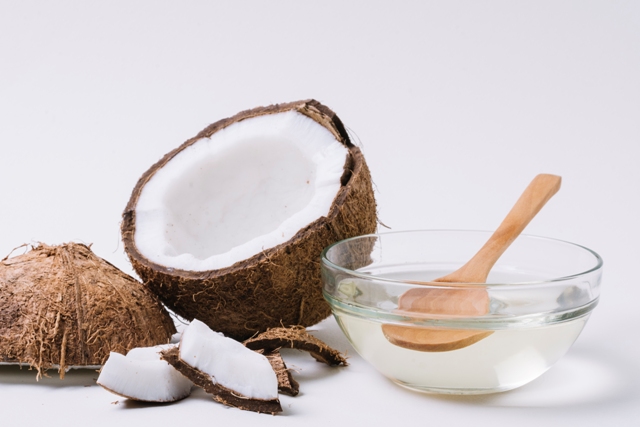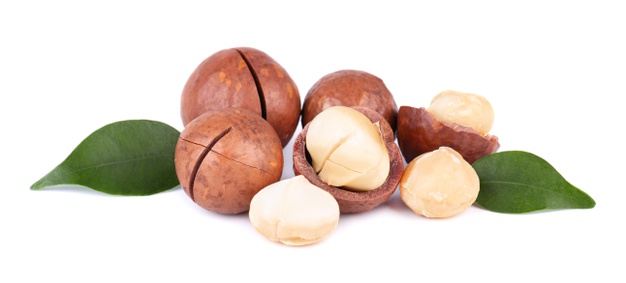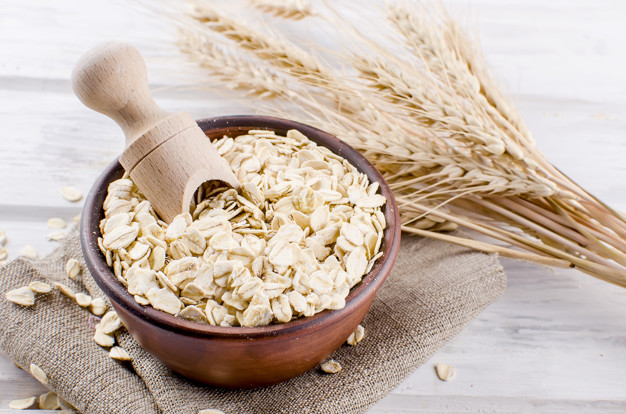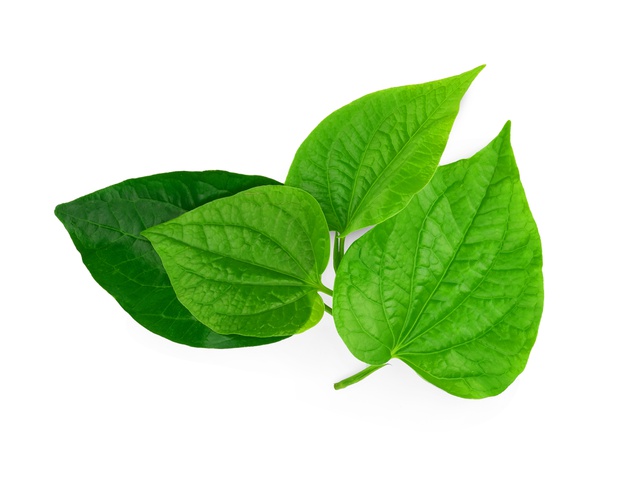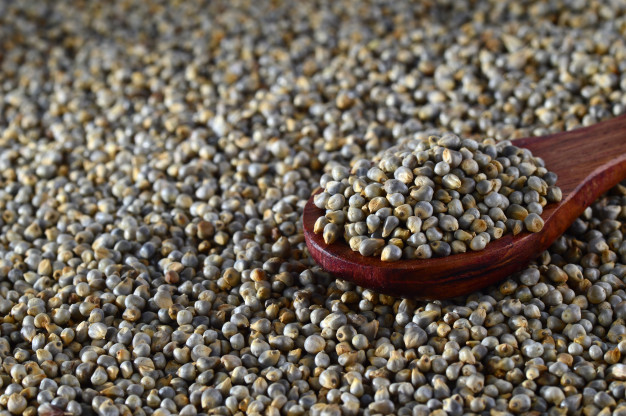Vinegar, which is obtained from fermenting the coconut water is generally termed as coconut vinegar. It is considered as a rich source of Vitamin C, potassium and polyphenols though it contains various other imperative nutrients. It has been extensively used for numerous therapeutic purposes.
Some important information regarding Coconut Vinegar
- It is widely used in India and Southeast Asia
- It is white in colour and has a cloudy appearance
- It is not too much acidic
- It has a slight sweet flavour
How Coconut Vinegar is prepared?
Preparation of coconut vinegar is very simple and it can be easily prepared at home. Below points will discuss about the process of preparing coconut vinegar –
- At first coconut water should be taken in a pan and it should be filtered properly
- Then the filtered coconut water should be heated
- After that some sugar should be added to the coconut water and the mixture should be stirred thoroughly until the sugar is completely dissolved
- Then the mixture should be cooled properly
- After that it should be poured into a glass container and the container ought to be covered lightly and should be kept in a dark place for about a week, during this time the mixture becomes alcoholic
- Then mother vinegar should be added to the mixture. Mother vinegar is basically a substance that contains cellulose as well as acetic acid bacteria. This bacteria helps to turn the alcohol into acetic acid, which is considered as the key component of vinegar
- So after adding the mother vinegar the mixture should be kept for four to twelve weeks for obtaining vinegar because during this time the mixture would finally turned into vinegar

Nutritional profile
- It contains lesser amount of carbohydrate
- It contain significant amount of fibre
- It is composed of various important amino acids
- It contains acetic acid as well
- It is also considered as low calorie food due to its poor fat and carbohydrate contents
- It contains probiotics as a result of fermentation process
- It is loaded with various important micronutrients such as Vitamin C, Vitamin B complex, choline, calcium, phosphorus, potassium, zinc, copper, iron, boron, manganese and magnesium
- It is packed with polyphenols, which are considered as important plant compounds. These compounds help to exhibit several nutraceutical activities
Role of Coconut Vinegar on health and disease prevention
Role on immunity
- Consumption of coconut vinegar is very effective for boosting up the immunity of the body
-
 It contains an imperative substance called acetic acid, which helps to fight against microbes and helps to protect the body from the harmful consequences of microbial infectious diseases
It contains an imperative substance called acetic acid, which helps to fight against microbes and helps to protect the body from the harmful consequences of microbial infectious diseases - It has seen that acetic acid of coconut vinegar is extremely effective against E. coli bacteria thus its consumption is thought to be very much useful for lowering the prevalence of food poisoning
- It is also very effective for hindering the growth of G. vaginalis, which is responsible for developing vaginal infections
- On the other hand its antioxidant activity helps to protect the immune cells from free radical induced oxidative damages as a result helps to maintain their health and activity, which ultimately enhances body’s resistance power and decreases the susceptibility of becoming ill

Role on digestive health
- Coconut vinegar plays significant role in improving overall digestive health
- We know that coconut vinegar is obtained by fermenting coconut water and this fermentation process gives rise probiotics, which are responsible for improving gut health. Probiotics are generally defined as living microorganisms that are accountable for restoring the intestinal beneficial microbes
- It also helps in digestion
- It is also associated with protecting the digestive tract from oxidative damages, which ultimately helps to lessen the risk of developing gastrointestinal disorders
Role on weight management
- It plays vital role in maintaining ideal body weight
- It is low in calorie thus its consumption does not increase the risk of gaining weight. Whereas it has low glycemic index too, which is also associated with decreasing the risk of becoming obes
- Its acetic acid component plays significant role in reducing body weight. It has seen that acetic acid is closely related with providing a feeling of fullness as it delays stomach emptying. As a result it helps to prevent hunger, which ultimately reduces over eating and facilitates weight reduction
- It has seen that individual who add coconut vinegar to their meal eat lesser than others as coconut vinegar helps to lower the appetite

Role on cardiac health
- Its consumption is very beneficial for cardiac health as it helps to improve cardiac functionality
- It plays significant role in decreasing the concentration of LDL and triglyceride in body whereas helps to increase HDL level, which ultimately provide a positive impact on cardiac health
- Its cholesterol lowering activity is responsible for preventing atherosclerosis and coronary artery disease by inhibiting fat deposition within blood vessels. Whereas it also helps to improve endothelial function by preventing arterial hardening caused by plaque formation or fat deposition, which ultimately improves blood circulation
- It is very effective for decreasing belly fat percentage
- Its potassium content plays vital role in preventing hypertension. It is also associated with lowering the prevalence of heart attack and strokes
- It has seen that individual who consume vinegar at least 1 to 2 tablespoon per day or who consume salad dressing made with vinegar and oil at least for 5 to 6 times a day, lower their risk of developing cardio vascular diseases by about 54%


Hypoglycemic effect
- It has strong hypoglycemic effects thus its consumption is thought to be extremely useful for decreasing blood sugar concentration
- It helps to increase insulin sensitivity, which ultimately decreases the prevalence of hyperglycemia
- Acetic acid of coconut vinegar is considered as one of the most vital components that play significant role in decreasing the level of free sugar in blood thus it is better to consume it along with meal especially carbohydrate rich meal as it does not provide much impact on postprandial glucose load
- It is extremely useful for improving the symptoms of type 2 diabetes mellitus and being a low glycemic food it can be easily incorporated in the diet of those individual who are at risk condition
Role on skin
- Its consumption helps to make the skin healthy and supple
- It helps to protect the skin from oxidative damages and also prevents ageing
- It is also very effective for preventing dark spots, dark circle, wrinkles and acne scars

Antioxidant activity
- It contains several polyphenolic compounds that exert potent antioxidant activity
- It helps to decrease the concentration of free radicals in body as a result prevents oxidative stress, which is accountable for lowering the risk of developing various chronic diseases
- It also helps to protect the body from the detrimental effects of lipid peroxidation and promotes wellbeing
General consideration of using Coconut Vinegar
- It can be diluted with water and mixed with various ingredients before consumption like it can be mixed with salad dressing
- It can also be used in marinades
- It can be mixed with soup as well
- Fruits and vegetables can be soaked with coconut vinegar before consumption
Risk factors
As it is slightly acidic in nature thus its excessive consumption may damage the esophagus as well as the enamel of teeth.
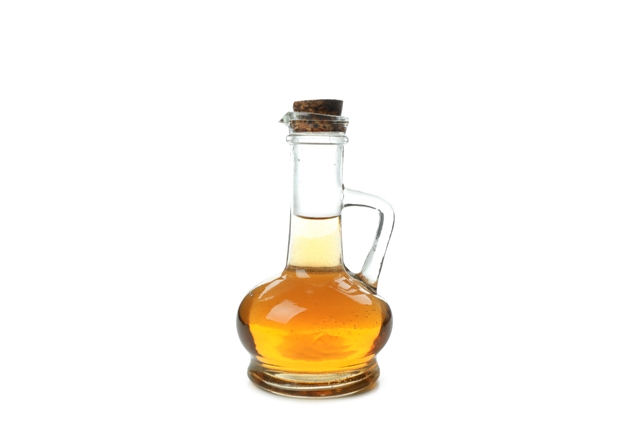
Source:
Budak, N.H., Aykin, E., Seydim, A.C., Greene, A.K. and Guzel‐Seydim, Z.B., 2014. Functional properties of vinegar. Journal of food science, 79(5), pp.R757-R764.
Johnston, C.S., 2009. Medicinal uses of vinegar. In Complementary and alternative therapies and the aging population (pp. 433-443). Academic Press.
Othaman, M.A., Sharifudin, S.A., Mansor, A.Z.L.I.N.A., Kahar, A.A. and Long, K.A.M.A.R.I.A.H., 2014. Coconut water vinegar: new alternative with improved processing technique. Journal of Engineering Science and Technology, 9(3), pp.293-302.
Priasty, E.W., Hasanuddin, H. and Dewi, K.H., 2013. THE QUALITY OF COCONUT VINEGAR PRODUCED BY SLOW METHODS. Jurnal Agroindustri, 3(1), pp.1-13.
Samad, A., Azlan, A. and Ismail, A., 2016. Therapeutic effects of vinegar: a review. Current Opinion in Food Science, 8, pp.56-61.
